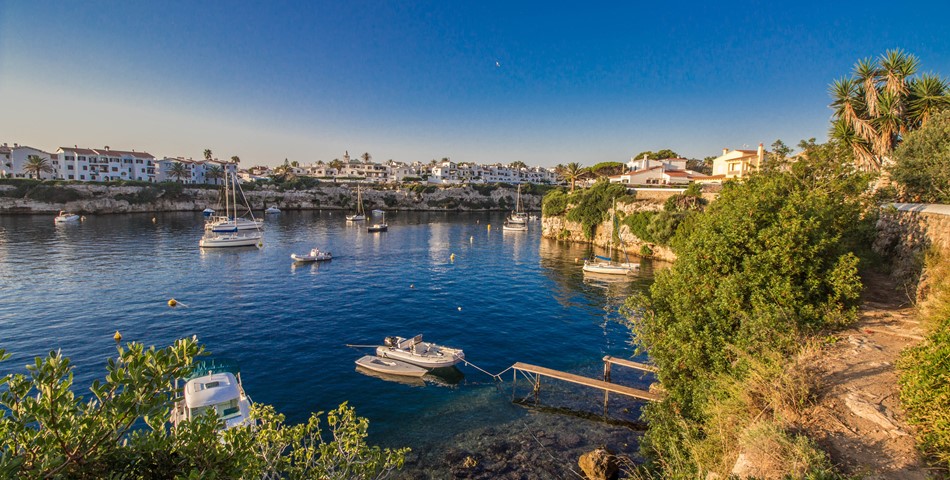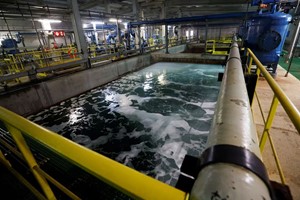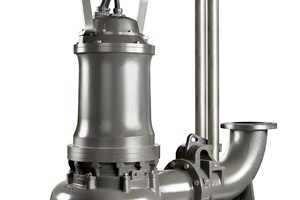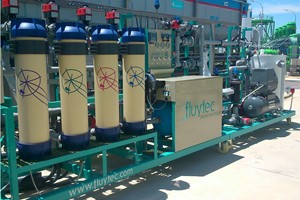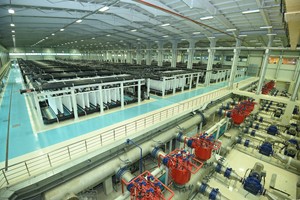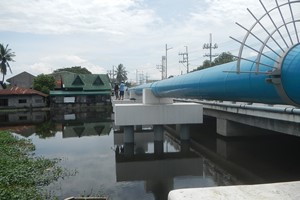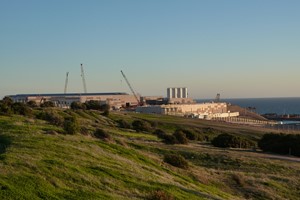Spain's wastewater treatment sector is facing turmoil as a result of its inadequacy in collection and treatment of urban wastewater discharged in multiple areas across the country.
According to the European Commission (EC), under the Urban Wastewater Treatment Directive, starting 2001, towns and cities with more than 15,000 inhabitants must collect and treat wastewater. The country is currently subject to penalties for violation of law.
By the same token, the country's renewables sector is still limping along in crisis. Although Spain's renewable energy industry is one of the most developed in Europe, the country has been struggling to make use of its significant solar and wind resources to curb greenhouse gas emissions. In recent years, Spain's solar and wind industries suffered significant setbacks due to the government's subsidy cuts. Wastewater treatment sector
As an EU member state, Spain needs to adhere to EU water supply regulations such as the Urban Wastewater Treatment Directive. The Urban Wastewater Treatment Directive requires that Member States ensure that agglomerations (towns, cities, settlements) properly collect and treat their urban wastewater. However, in November 2016, a statement was released declaring the EC's decision to take Spain back to the Court of Justice of the EU for its failure to fully and completely comply with the Court judgment of 2011. According to the report, the Court of Justice of the EU ruled on 14 April 2011 that Spain violated EU law by not adequately collecting and treating the urban wastewater discharged by 37 agglomerations.


Five years later, this matter remains unaddressed in 17 agglomerations (out of the 37 covered by the judgment) corresponding to 1,400,000 people. In addition, more than 15 years after the deadline of 31 December 2000 for the implementation of the applicable EU rules, the perspective for full compliance in all these agglomerations is still unclear, according to the EC statement. The lack of adequate collection and treatment of the wastewater poses significant risks to human health, to inland waters and to the marine environment.
Renewables sector
In its fight against climate change, in 2011, the European Union confirmed its targets for GHG emission reductions by the 2050 time horizon: between 80 percent and 95 percent with respect to 1990 levels, according to a Deloitte report. The European commitment to GHG emission reductions of between 80 percent and 95 percent by 2050 requires Spain to use every available technology and energy source during the transition period. That said, according to BMI Research, Spain's renewable energy industry is one of the most developed in Europe and total installed renewables capacity is nearly 30.9 gigawatts - the third highest in Western Europe after Germany and Italy. However, the continued expansion of the sector is at a halt, due to retroactive subsidy cuts, limited capacity available at auctions and policy uncertainty in relation to Spain's inability to form a new government. Consequently, these barriers are hindering the country's plan to meet its ambitious GHG emission reduction targets.




